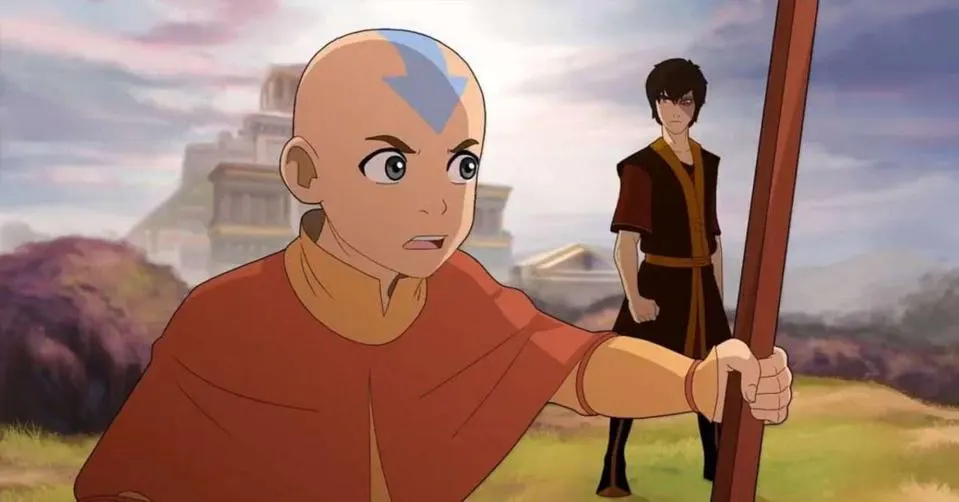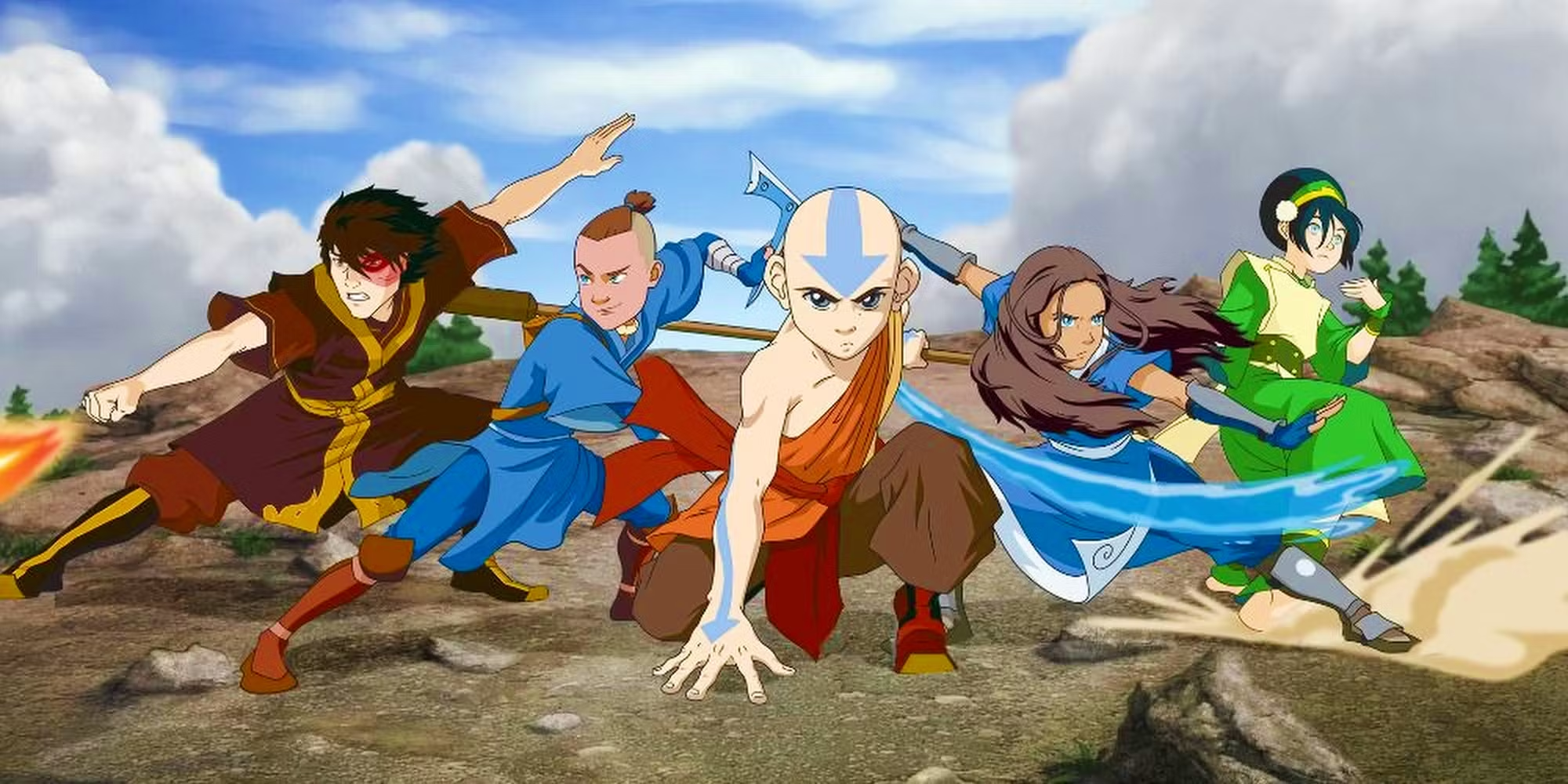The ongoing debate about whether Avatar: The Last Airbender qualifies as anime has sparked passionate discussions among fans. Anime, traditionally defined as Japanese animation, holds cultural and artistic roots unique to Japan.
However, Avatar, with its distinct animation style and rich storytelling, has blurred these lines. While some argue it’s inspired by anime, others claim it lacks the authentic Japanese origin to be classified as such.
The Emotional Connection to Identity

For many fans, anime isn’t just a genre—it’s an emotional experience tied to Japanese culture and artistry. They feel labeling Avatar as anime diminishes the cultural significance of Japanese creators who established and refined this medium.
On the other hand, some viewers find Avatar’s depth and style deserving of the anime title, as it resonates with the same emotions and themes. This tug-of-war reflects how deeply personal these classifications can be.
A Community at Odds

This divide extends beyond definitions, influencing fan spaces and discussions. Communities often clash over criteria like origin, artistic intent, and cultural authenticity. While some celebrate Avatar as a homage to anime, others see the classification debate as undermining what makes anime uniquely Japanese. Despite the disagreements, one thing is clear—Avatar has left a lasting impact on animation fans worldwide.




